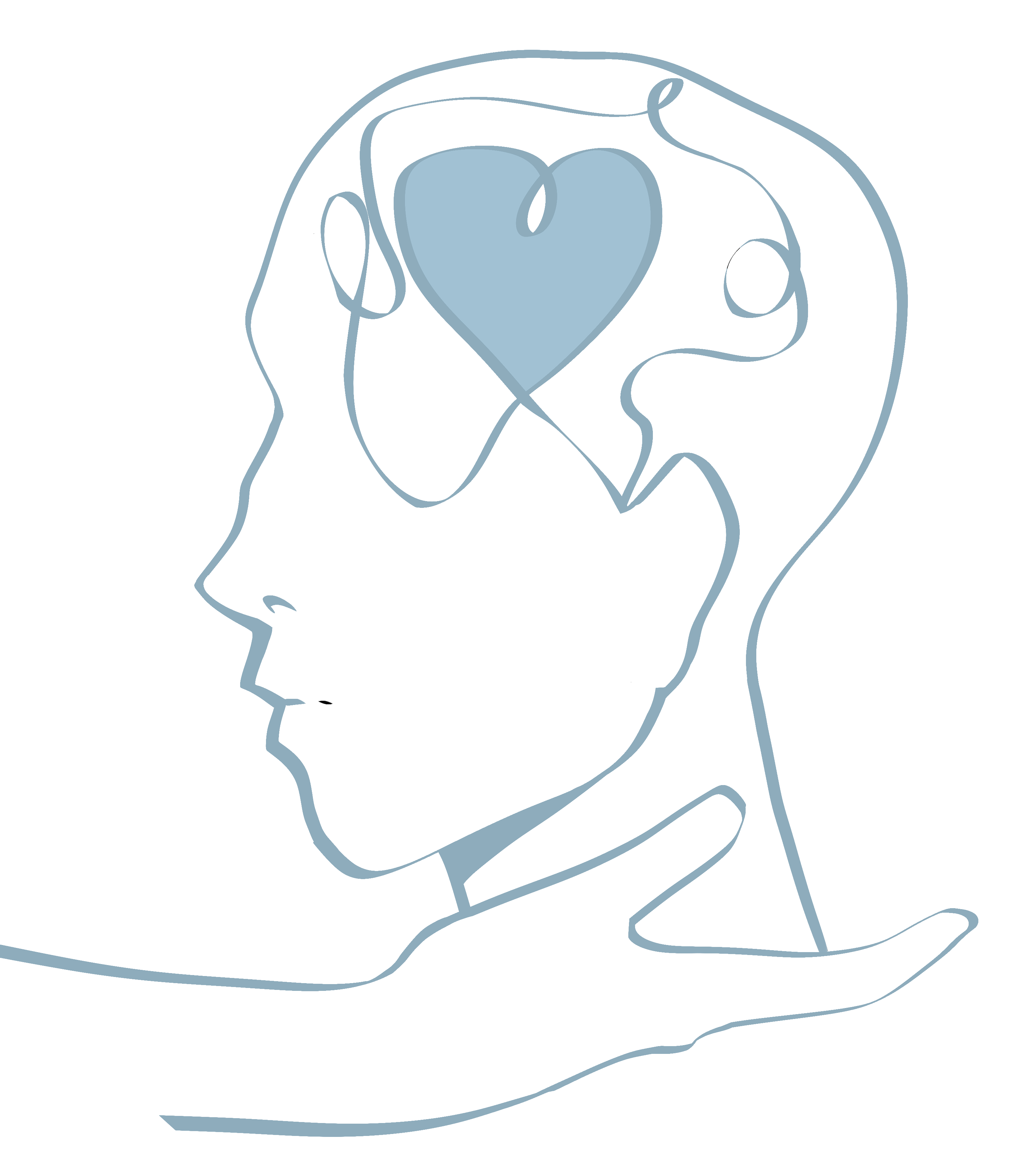When your teen is in trouble how can you help?
Teen Troubles When your teen is in trouble how can you help? You can tell when something is off. While you might not understand the reasons behind their responses, you know that aggression, withdrawal, self-harm and other destructive behaviors all point to a young...
Group Therapy Can Be Life-Changing for Your Teen
Group Therapy and Your Teen Group therapy can be life-changing for your teen. Teens face unique challenges in today’s society. They are also influenced most by their peers. This is why peer group therapy is so effective in assisting teens with depression, anxiety, and...
Benefits of Group Therapy
The Many Benefits of Group Therapy There are many benefits to group therapy. Group therapy is an ideal choice for addressing your issues and making positive changes in your life. A group setting can be intimidating, however, participants quickly become comfortable as...
Comparison: The Thief of Joy
We have all heard the quote coined by Theodore Roosevelt, “comparison is the thief of joy”. Joy is defined as a feeling of happiness, but it goes much deeper than that. With life, comes hardships and challenges. How do you hold on to joy amidst life that is subject to...
Problems With Self-Esteem
What is Self-Esteem? Self-esteem is how we feel about and define ourselves. The definition may seem simple, but problems with self-esteem lead to challenges in many aspects of our lives. It should remain stable, but it tends to rise and fall. People allow external...
Why do people cheat?
Risk factors for cheating Why do some partners go outside of the relationship to cheat? While one article could never address all of the vast reasons why infidelity is so prevalent, there are risk factors that can incline some people to cheating. Most people agree...
Co-Parenting
Co-Parenting in a Healthy Way Co-parenting is critical for your child's well being. You must share the duties of co-parenting in a healthy way to protect your child's emotional health. It will be challenging, but, it is critical for your child’s well being. When both...
The Aftermath of Sexual Assault
The aftermath of sexual assault is devastating. The trauma goes far beyond physical injuries. Rape steals your sense of safety and victims begin to question their judgment, self-worth, and even their sanity. It becomes hard for you to trust yourself or others. Sexual...
After the Divorce
The Aftermath of Divorce The aftermath of divorce can leave even the strongest person reeling. Divorce often brings new worries, responsibilities and self-doubts. Many of these changes can bring on a sense of overwhelm and even bitterness. Recovery takes a conscious...
Love Languages
Love Languages. These two words are tossed around when talking about marriage and relationships. Yet, we often do not give our partner's love language the attention required. Why are love languages so important? Because our love language is the way we are wired to...
When your teen is in trouble how can you help?
Teen Troubles When your teen is in trouble how can you help? You can tell when something is off. While you might not understand the reasons behind their responses, you know that aggression, withdrawal, self-harm and other destructive behaviors all point to a young...
Group Therapy Can Be Life-Changing for Your Teen
Group Therapy and Your Teen Group therapy can be life-changing for your teen. Teens face unique challenges in today’s society. They are also influenced most by their peers. This is why peer group therapy is so effective in assisting teens with depression, anxiety, and...
Benefits of Group Therapy
The Many Benefits of Group Therapy There are many benefits to group therapy. Group therapy is an ideal choice for addressing your issues and making positive changes in your life. A group setting can be intimidating, however, participants quickly become comfortable as...
Comparison: The Thief of Joy
We have all heard the quote coined by Theodore Roosevelt, “comparison is the thief of joy”. Joy is defined as a feeling of happiness, but it goes much deeper than that. With life, comes hardships and challenges. How do you hold on to joy amidst life that is subject to...
Problems With Self-Esteem
What is Self-Esteem? Self-esteem is how we feel about and define ourselves. The definition may seem simple, but problems with self-esteem lead to challenges in many aspects of our lives. It should remain stable, but it tends to rise and fall. People allow external...
Why do people cheat?
Risk factors for cheating Why do some partners go outside of the relationship to cheat? While one article could never address all of the vast reasons why infidelity is so prevalent, there are risk factors that can incline some people to cheating. Most people agree...
Co-Parenting
Co-Parenting in a Healthy Way Co-parenting is critical for your child's well being. You must share the duties of co-parenting in a healthy way to protect your child's emotional health. It will be challenging, but, it is critical for your child’s well being. When both...
The Aftermath of Sexual Assault
The aftermath of sexual assault is devastating. The trauma goes far beyond physical injuries. Rape steals your sense of safety and victims begin to question their judgment, self-worth, and even their sanity. It becomes hard for you to trust yourself or others. Sexual...
After the Divorce
The Aftermath of Divorce The aftermath of divorce can leave even the strongest person reeling. Divorce often brings new worries, responsibilities and self-doubts. Many of these changes can bring on a sense of overwhelm and even bitterness. Recovery takes a conscious...
Love Languages
Love Languages. These two words are tossed around when talking about marriage and relationships. Yet, we often do not give our partner's love language the attention required. Why are love languages so important? Because our love language is the way we are wired to...
